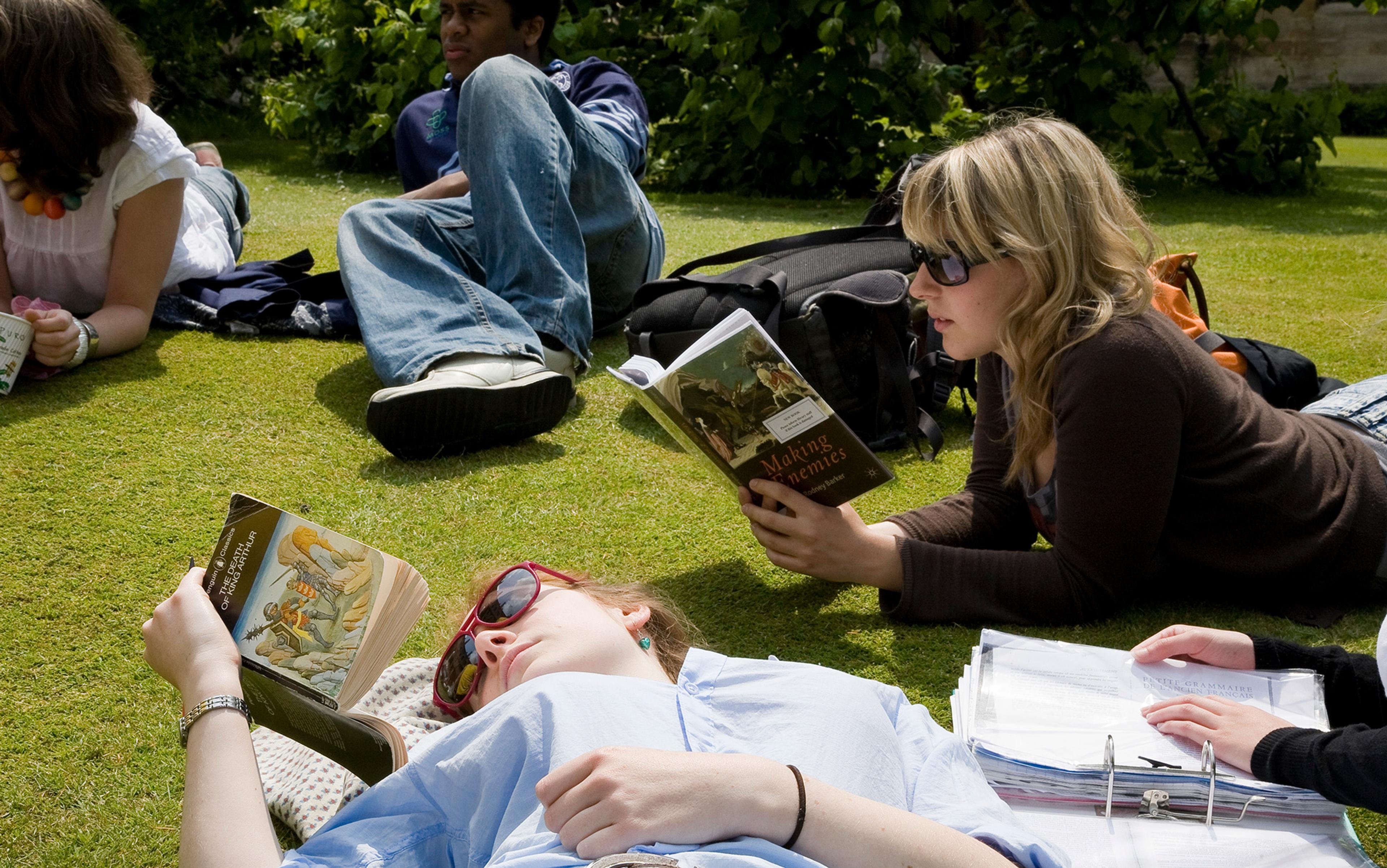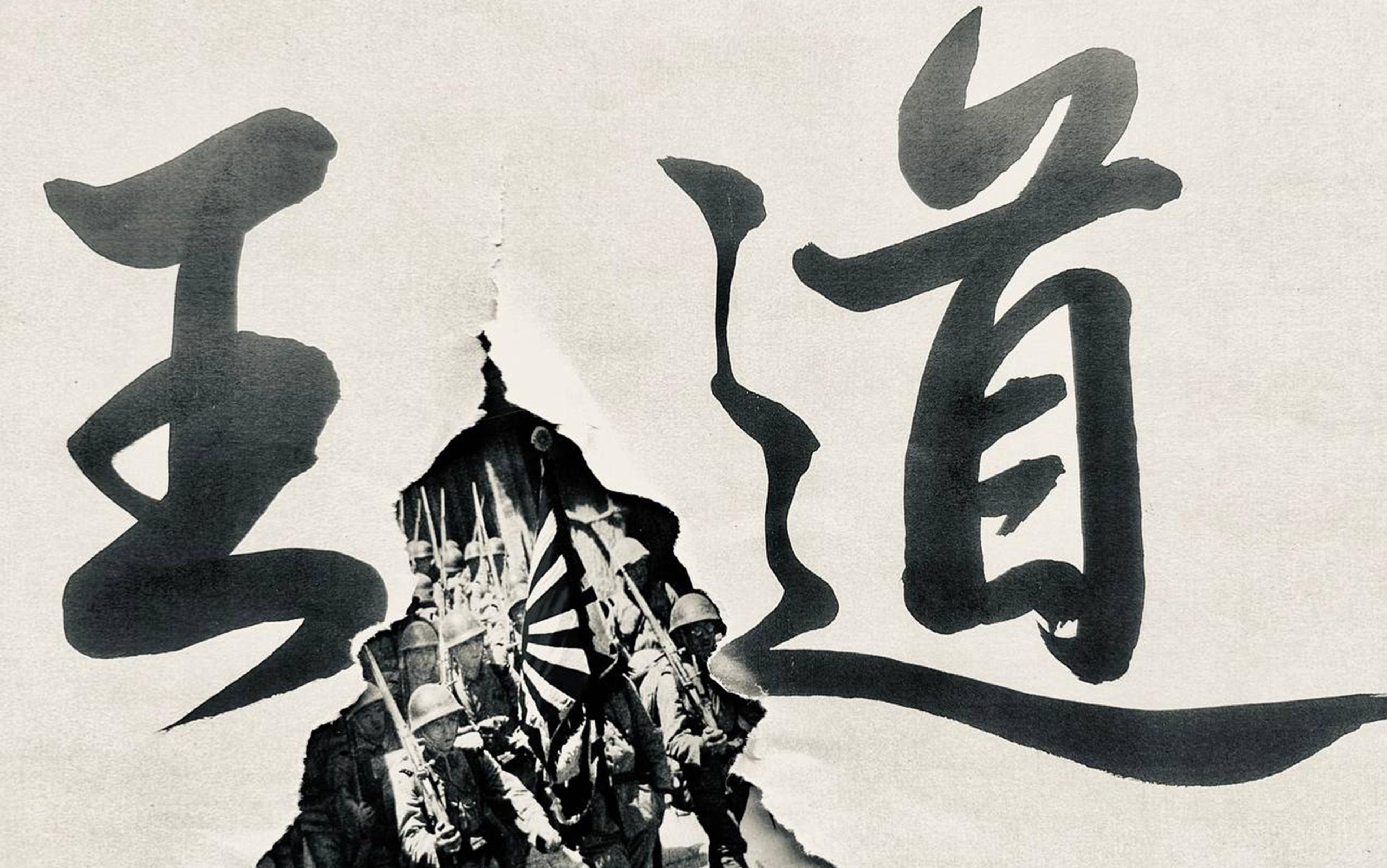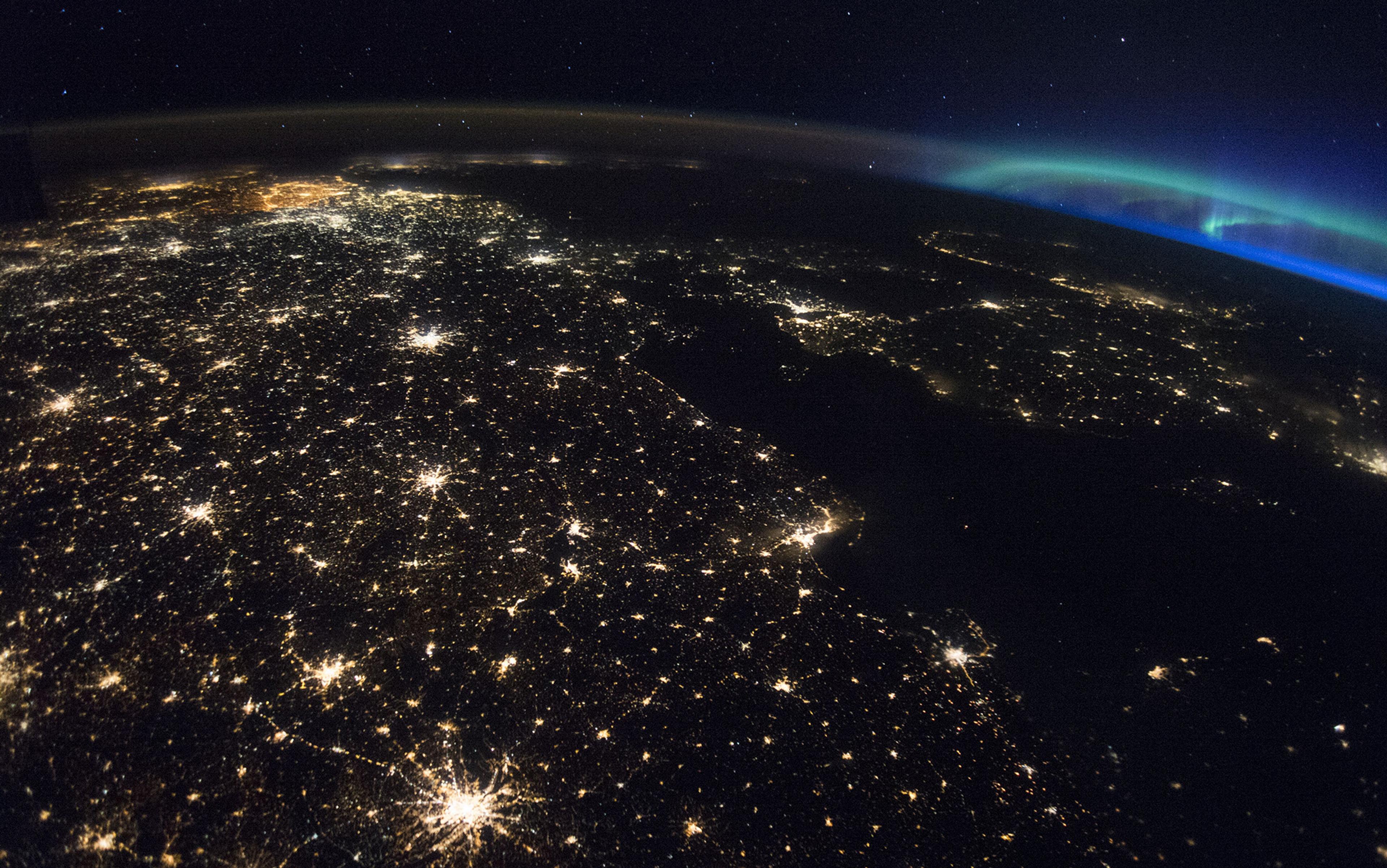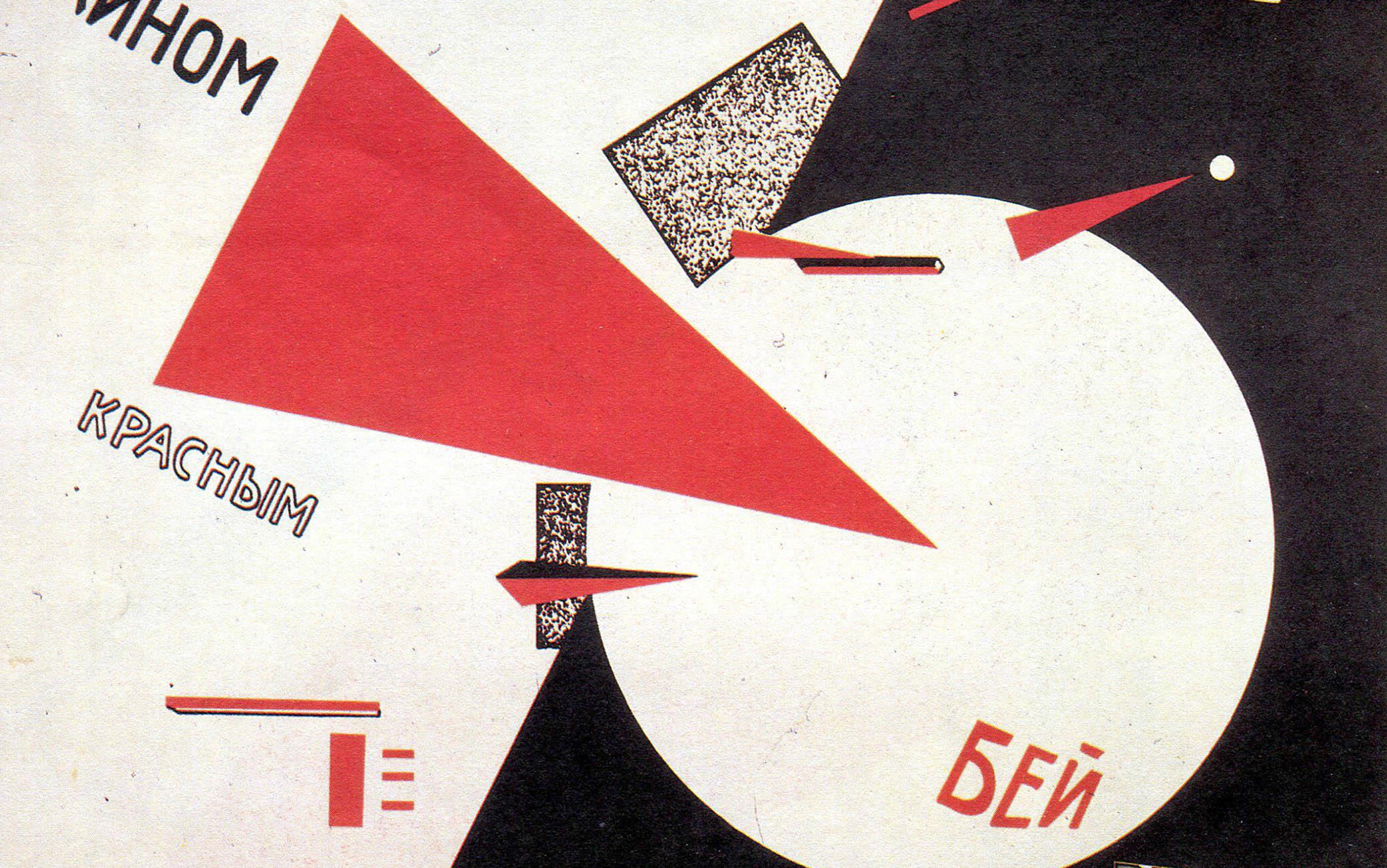As a high-school student with still-shaky English proficiency, I found a collection of Plato’s dialogues in a garbage pile near my house in Corona, Queens. I had grown up in a mountain town in the Dominican Republic and emigrated to New York City just before my 12th birthday. My mother had left the Dominican Republic a few years earlier, secured the only job she could get, earning the minimum wage in a garment factory, and petitioned for my brother and I to join her. In 1985, we entered New York City’s overcrowded public school system, where the free lunches supplied a good portion of our sustenance. Like many immigrants, we were poor, exposed, and disoriented by our uprooting.
It was not an auspicious beginning for the career I would have as student, academic administrator and faculty member at an Ivy League university. But the jarring journey became, at some point, less of a handicap and more of a peculiar vantage point from which to reflect on the intellectual and social world I had entered. My development was nourished by an education in what some people call ‘the great books’. That same education has made me sensitive to a culturally influential critique of ‘the canon’ that insists that Homer, Sophocles, Plato, Montaigne, Cervantes, Goethe, Hegel, Dostoyevsky, Woolf, et al, are not for people like me, that they are for white people, or rich people, or people born with class privileges that I lacked.
In the collection of Plato’s dialogues that I rescued from the garbage pile on that winter night in Queens, I encountered an old man named Socrates in his final days. He was defending himself against accusations of corrupting the youth and of introducing new gods to the city. ‘Men of Athens,’ he protested,
I am grateful and I am your friend, but … as long as I draw breath and am able, I shall not cease to practise philosophy, to exhort you … [asking] are you not ashamed of your eagerness to possess as much wealth, reputation and honours as possible, while you do not care for nor give thought to wisdom or truth, or the best possible state of your soul?
By the end of the collection, we find him in prison on the day appointed for his execution, ‘calmly and easily’ drinking the poison, laying down, and dying: ‘Such was the end of our comrade,’ says the first-person narrator, ‘a man who, we would say, was of all those we have known the best, and also the wisest and the most upright.’ I did not need to be rich, privileged or cultured to find in those words something that spoke to the deepest sense of my own being. And I did not need to be white or European to be startled by the claim that ‘the unexamined life is not worth living’.
Every summer since 2009, I have used these same Platonic dialogues to introduce low-income high-school students, who hope to be the first in their families to attend college, to the philosophic, ethical and political tradition that Socrates inspired. Every year, I see my students roused to serious self-examination and, in many cases, to an earnest and lasting reorientation of their lives. They do not see Thucydides, Aristotle, Hobbes, Locke, and other texts we study, as alien objects belonging to others, but as thinkers who speak with a living voice to issues of urgency and relevance to their own experience. Again and again, I see these young people awaken to a source of self-worth and meaning that is not constrained by the material limitations that have otherwise hemmed in their lives.
The liberatory power of ‘the canon’ is easily lost in the theoretical haze of the academic humanities. At the same time, institutions of higher education have been all too ready to abandon the idea of liberal education – of learning for its own sake – in favour of professional and specialised studies. But the old classics still have the power to move and transform young people in ways that no technical education can. We don’t have to dilute the practical value of a higher education nor ignore the insights of the academic humanities to restore the vitality of liberal education in our colleges and universities.
In my last year of college, I took a comparative literature seminar with the literary scholar Gayatri Spivak. At the time, I was immersed in what was broadly called ‘theory’ and, inspired by French deconstruction, was writing a thesis on St Augustine’s treatise on biblical interpretation, De doctrina christiana (c397-426 CE). I was thrilled by the chance to study with Professor Spivak, who had translated Jacques Derrida’s groundbreaking work of deconstructive criticism, Of Grammatology (1967).
About halfway through the course, we started reading William Shakespeare’s King Lear. In class, Professor Spivak would ask us to read passages aloud, insisting that we respect the play’s iambic pentameter – with five stressed and five unstressed syllables in each line. Thus, in the climactic opening scene when King Lear asks Cordelia to outdo her sisters in declaring her love for him, Professor Spivak drew our attention to the portentous silences – the blank beats – of the pentameter:
LEAR: The vines of France and milk of Burgundy
Strive to be interessed; what can you say to draw
A third more opulent than your sisters’? Speak.
CORDELIA: Nothing, my lord.
LEAR: Nothing?
CORDELIA: Nothing.
LEAR: Nothing will come of nothing; speak again.
She made us read the passage several times, until we learned to stop and let the mute beats of the metre do their devastating work. ‘Nothing, my lord.’ Pause. ‘Nothing?’ Longer pause. ‘Nothing.’ Long pause again.
How was it that loving Shakespeare had come to feel to me like something dirty?
At one point, when reading from another scene, Professor Spivak stopped, put down the book and said, in a tone that lay somewhere between a confession and a sigh: ‘I’m sorry, I love Shakespeare. I’m sorry,’ and resumed her reading. I was relieved that she, the renowned postcolonial feminist theorist, could say this, and that our reading of Shakespeare would not simply be an exploration of the ways in which he was the product of and a mouthpiece for patriarchal, Eurocentric and imperialist discourses. We were also reading a Shakespeare that was lovable, and witnessing a family drama that touched our shared humanity. I too loved Shakespeare, and Professor Spivak was giving me permission to admit it. Across four centuries and multiple cultural chasms, sparks were flying from Shakespeare’s text that illuminated my whole sense of self.
Beyond feeling relieved, I was also surprised by my own complex reactions to Professor Spivak’s half-embarrassed disclosure. How was it that loving Shakespeare had come to feel to me like something dirty? Had I, like Dante’s pilgrim, taken a wrong turn somewhere and become entangled in a thicket of confusion, having ‘lost the path that does not stray’? How could I reconcile the life-altering encounters with ‘great books’ that I’d had in Columbia University’s Core Curriculum with the prevailing sense among the literary thinkers I most admired that those texts were morally tainted and that to value them as ‘great’ was to be complicit in wrongdoing?
There is a widespread conviction among literary scholars that there is no such thing as a great book. Better put, there is a prevailing view in the academic humanities that there is no basis upon which one can make generalisable judgments about the greatness of a book. The claim extends to works of art in general. At first sight, this may sound odd – what are museums for, if not to single out and display works that command special attention?
But the challenge to the idea of ‘greatness’ – the challenge to assigning hierarchical value to cultural expressions – isn’t as preposterous as it might first appear. If, for example, one points to the aesthetic qualities of a work, one must reckon with the fact that aesthetic quality is notoriously difficult to pin down, and that attempts going back to antiquity have failed to give us an objective standard by which to judge. Moreover, aesthetic judgments can easily boil down to individual preferences, which, though perhaps finely attuned to prevailing social norms, are actually the result of particular kinds of education. In other words, it’s hard to extricate aesthetic value from cultural – and aristocratic – prejudice.
One might also justify the judgment of greatness in a book or work of art by pointing to its influence on a tradition of thought or to its impact on how we have come to see the world. In that case, a theoretically sophisticated sceptic might argue that such value judgments point not to anything intrinsic in the work, but to a historically contingent configuration of social power, which, the conscientious critic might add, is inextricable from forms of oppression, exclusion and domination present in our contemporary world. In this critical reading, the elite forms of cultural power embodied in values of ‘greatness’ are undergirded by the exploitation and dehumanisation of ‘the other’.
These anti-foundational critiques of ‘greatness’ carry the high-voltage implication that any hierarchy of artistic value is probably complicit in moral corruption. Up-and-coming scholars who endorse the particular value of certain works, especially canonical ones, do so at their own career-ending peril. In contemporary literary scholarship, it’s better to stick to critique – all the more so when it comes to old books.
Great works are great because of an evident yet elusive capacity to illuminate our shared humanity
But without minimising the insights of critical theory, we can contain its paralysing force by eschewing any effort to define a great book – or a classic – with reference to some defining essence, whether aesthetic, ideological or historical. We can simply survey the bodies of texts that have come down to us in our few thousand years of written records and note that certain works, and not others, have demonstrated a capacity to illuminate the lives of many different kinds of people in many different historical circumstances. These works somehow transcended the conditions of their own creation – they spoke within their time, but also beyond it. I don’t need to understand much – or anything, really – about the political struggles of 14th-century Florence, ubiquitous as they are in Dante’s Divine Comedy, to have that work inspire deeper reflection of my own humanity, beginning with its invocation of an individual reaching a crisis point in the life journey we all travel:
When I had journeyed half of our life’s way,
I found myself within a shadowed forest,
for I had lost the path that does not stray.
What makes Dante a candidate for literary ‘greatness’ is not his immersion in the theology of the medieval Church, or in the factional intrigues of central Italy’s politics, but rather his capacity to reveal, in the midst of those trappings, something that is vitally meaningful to, say, a 21st-century, unbelieving Dominican living in the United States. By the same token, it is not Toni Morrison’s immersion in the legacy of American chattel slavery that makes her novels arresting – and yes, great – but her ability to make that human experience alive and accessible to someone who has no historical connection to it. Great works are great because of an evident yet elusive capacity to illuminate our shared humanity. It is the mysterious quality found by a 15-year-old preacher in Harlem named James Baldwin in a course of reading that ‘began, fatally, with Dostoyevsky’ and that brought about the ‘crumbling’ of his Pentecostal faith.
One does not need to posit a metaphysical essence to human nature in order to recognise that all people share fundamental similarities – from a specific biological organisation, to a specific genetic architecture, to specific forms of cognition, to the existential condition of living with the consciousness of death. The insights of critical theory can be retained without, at the same time, abandoning the ground upon which to form judgments about how works of art can illuminate our common human experience. And we can delight in the uncanny fact that art captures this communality precisely by foregrounding its opposites – individuality, subjectivity and particularity.
A conspicuous aspect of our commonality – and of its heterogeneousness – stems from our experience of ourselves as autonomous individuals; beings capable of ordering our lives according to subjective conceptions of our own good. This capacity for self-determination puts front and centre, for all of us, the question at the heart of Plato’s Republic, arguably the founding text in Western philosophy.
In the opening pages of the Republic, one finds Socrates debating the sophist Thrasymachus about the nature of justice. Thrasymachus argues that justice is simply a function of power – ‘the advantage of the stronger’ – and that those with power set the terms of what is considered just and unjust. The best course of action, argues Thrasymachus, is to behave ‘justly’ in order to avoid the consequences of contravening a superior power, but to disregard norms of ‘justice’ and seek one’s own advantage whenever possible. Unwilling to submit to Socrates’ cross-examination, Thrasymachus then tries to leave the discussion, but Socrates begs him to stay, asking: ‘do you think it a small matter to determine which whole way of life would make living most worthwhile for each of us?’ Here is the animating concern of the Republic and, indeed, the bottom-line question of both philosophy and religion.
In a story from the Pali canon, the ancient collection of Buddhist teachings, the Buddha frames this same question in a memorable way. During a visit by King Pasenadi of Kosala, the Buddha asks him about his whereabouts and the king replies – I am paraphrasing – ‘I’ve been doing typical kingly things, affairs of state and the like.’ The Buddha then poses the following scenario:
What do you think, great king? Suppose a man would come to you from the east, one who is trustworthy and reliable, and would tell you: ‘For sure, great king, you should know this: I am coming from the east, and there I saw a great mountain high as the clouds coming this way, crushing all living beings [in its path]. Do whatever you think should be done.
This messenger is followed by three more, from the west, the north and the south, each with the same dreadful news of an approaching cataclysm. Faced with such calamity, asks the Buddha, ‘what should be done?’ King Pasenadi responds with platitudes: ‘what else should be done but to live by the Dhamma, to live righteously, and to do wholesome and meritorious deeds?’ The Buddha then presents his at-once startling and self-evident teaching:
I inform you, great king, I announce to you, great king: ageing and death are rolling in on you. When ageing and death are rolling in on you, great king, what should be done?
When teaching ‘great books’ to Columbia undergraduates completing the same required Core Curriculum that I took 30 years ago and that consists, roughly, of canonical works in the Western tradition, I often ask them to bring this question – ‘When ageing and death are rolling in on you, what should be done?’ – to the intellectual encounters they will have in the course. The question always resonates with students. It is true that they come to college to improve their employment prospects and to gain marketable skills, but they also come gripped by existential dilemmas and looking for a way to orient not just their careers but their lives.
Liberal education is not pursued in the service of disciplinary, professional or occupational goals
Liberal education is an approach to learning that foregrounds our existential condition. It takes seriously the idea that rational enquiry into the fundamental questions of life is a worthwhile endeavour for each of us. There is probably no more powerful tool for such an enquiry than open discussion, in small groups of dedicated readers, of seminal works from our literary and philosophical past.
In the US, most bachelor’s degrees include a nod to liberal education in the form of general education requirements – a set of courses outside of a student’s major or concentration that is meant to provide a common foundation of knowledge and skills for all. General education is liberal in that it is not subordinate to any specific professional or vocational aim, but focuses on the general competencies required in all fields. But following the theoretical developments in the humanities that I have described above, general education programmes at most US colleges have devolved into a hodgepodge of distribution requirements, often aimed at little more than introducing students to a variety of academic disciplines outside the major. Yet liberal education is precisely an education that is not pursued in the service of disciplinary, professional or occupational goals. A disciplinary approach to liberal education comes close to an oxymoron, and all the more so when the humanities disciplines have largely abandoned the idea of rational enquiry into the human good as a form of education.
If the approach to liberal education that I am describing sounds like the traditional education of social elites, it is because liberal education does significantly resemble that. And this, by itself, is no grounds for rejecting it. In fact, to cast liberal education as a mere affect of privilege is precisely to perpetuate the structures of social power that have long plagued our unequal society, and to put crucial tools for social, political and personal agency beyond the reach of those who need it most.
My point is simple: give the ‘underprivileged’ access to the cultural wealth that has long been the exclusive purview of the elite, and you will have given them the tools with which to subvert the social hierarchies that have kept them down. Beyond equipping them with marketable skills and the means for economic self-advancement, this deeper work of education is the most valuable gift that colleges and universities can give to young people. It is also the most valuable contribution they can make to a democratic society.






